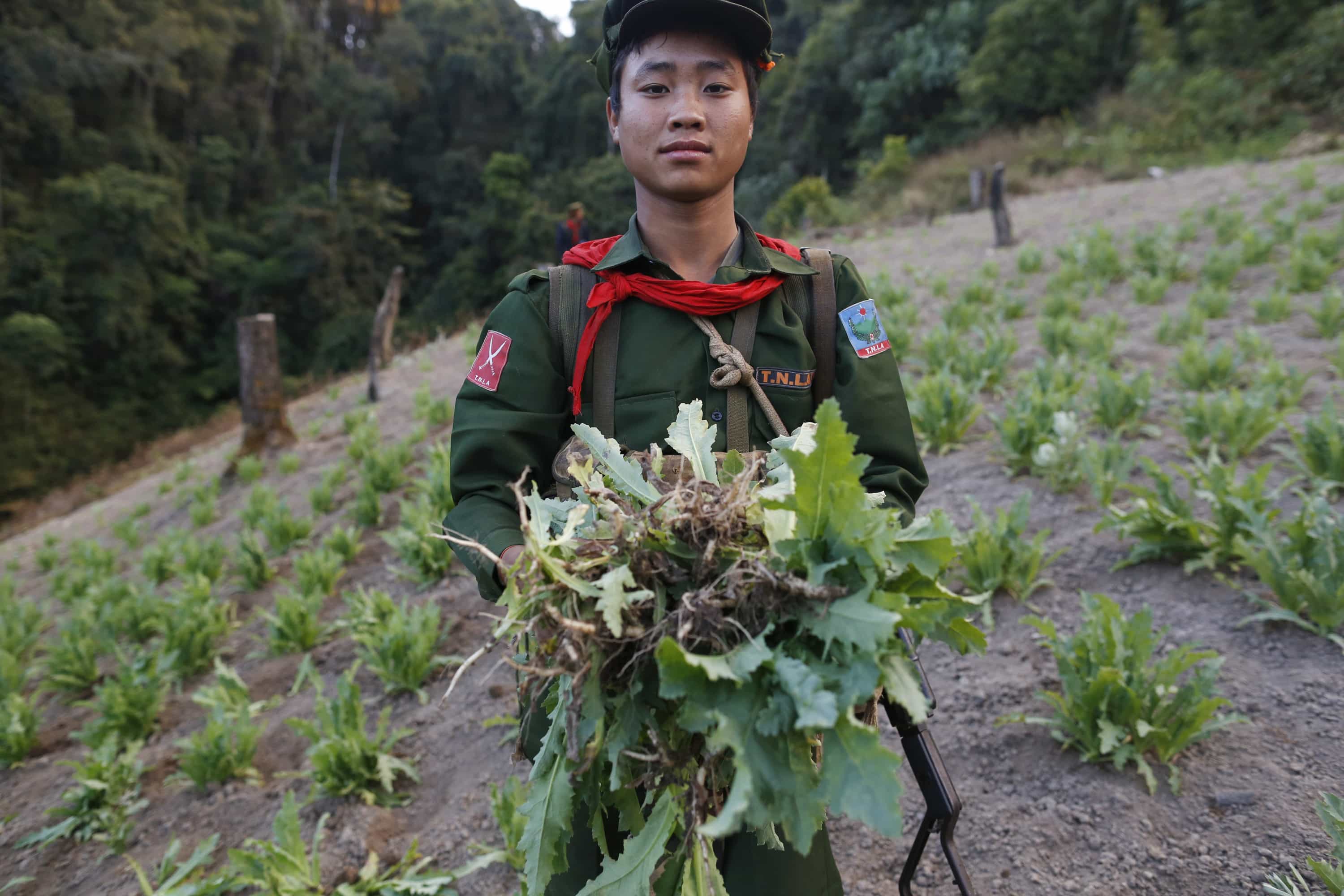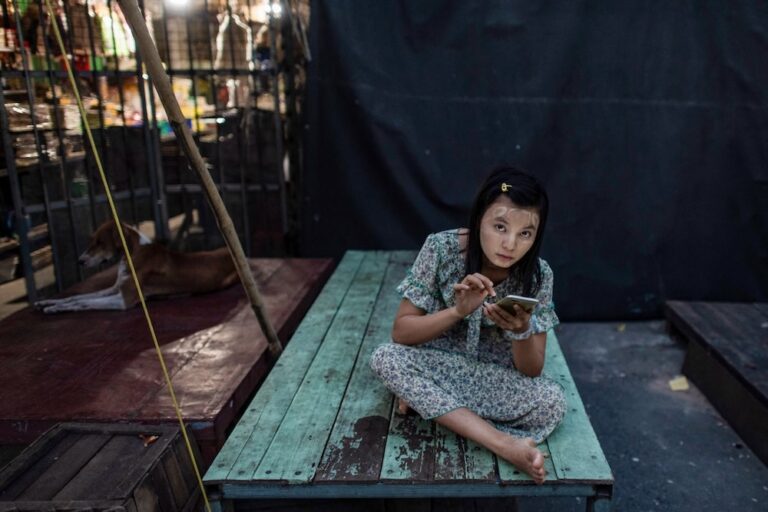Three journalists were arrested by the Myanmar Armed Forces after having travelled to rebel-controlled communities to cover a drug-burning ceremony marking the International Day against Drug Abuse and Illicit Trafficking.
This statement was originally published on seapa.org on 27 June 2017.
Three journalists were arrested Monday [26 June 2017] while traveling in Shan State in Northern Myanmar for alleged links to a rebel group.
Information of the arrest came from a statement posted on the Facebook page of the Myanmar Armed Forces (Tatmadaw) commander-in-chief. The two-paragraph statement on 26 June said army units stopped suspicious vehicles en-route from Nam Hsam to Hsipaw Road at 15:30 p.m. The group were riding two vehicles without license plates.
Later, the interrogation found out that the group included three journalists who were on their way back from having contact with the Ta’ang National Liberation Army (TNLA). The arrested journalists are Aye Naing and Pyae Phone Naing from the Democratic Voice of Burma (DVB), and Thein Zaw (also known as “Lawi Weng”) from the Irrawaddy News.
The statement accused the arrested persons of connections with TNLA, an armed rebel group in Northern Shan State which had not signed the National Ceasefire Agreement with the government in 2015.
The three journalists travelled to rebel-controlled communities to cover a drug-burning ceremony to mark the International Day against Drug Abuse and Illicit Trafficking.
Both The Irrawaddy and the DVB have confirmed that they were on a reporting assignment, as part of their coverage to continuously engage and report on the ongoing conflicts in the country. Even the TNLA today released a statement acknowledging that the journalists went to controlled areas to cover their event.
SEAPA statement
SEAPA expresses alarm over the arrests of the journalists who were on a legitimate reporting mission.
We would like to emphasize that such activity is protected under Myanmar’s own News Media Law (Article 7), which exempts journalists covering conflicts from detention by authorities.
The same provision even entitles journalists to request safety and protection from the relevant authorities. Ironically, the military detained them while the journalists were doing their job.
SEAPA is also gravely concerned for their safety as the Lashio police, which the military said they would be turned over to, have not confirmed custody of the arrested persons. There are conflicting reports of the exact location of the journalists.
SEAPA calls for the unconditional and immediate release of the three journalists as there is no reason to further detain them. Their continued detention sends a warning to the country’s media community against covering the ongoing armed conflicts and is also a form of censorship of the media’s role to report directly from news sources. As such, this incident is ultimately inimical to the country’s fragile peace process.



